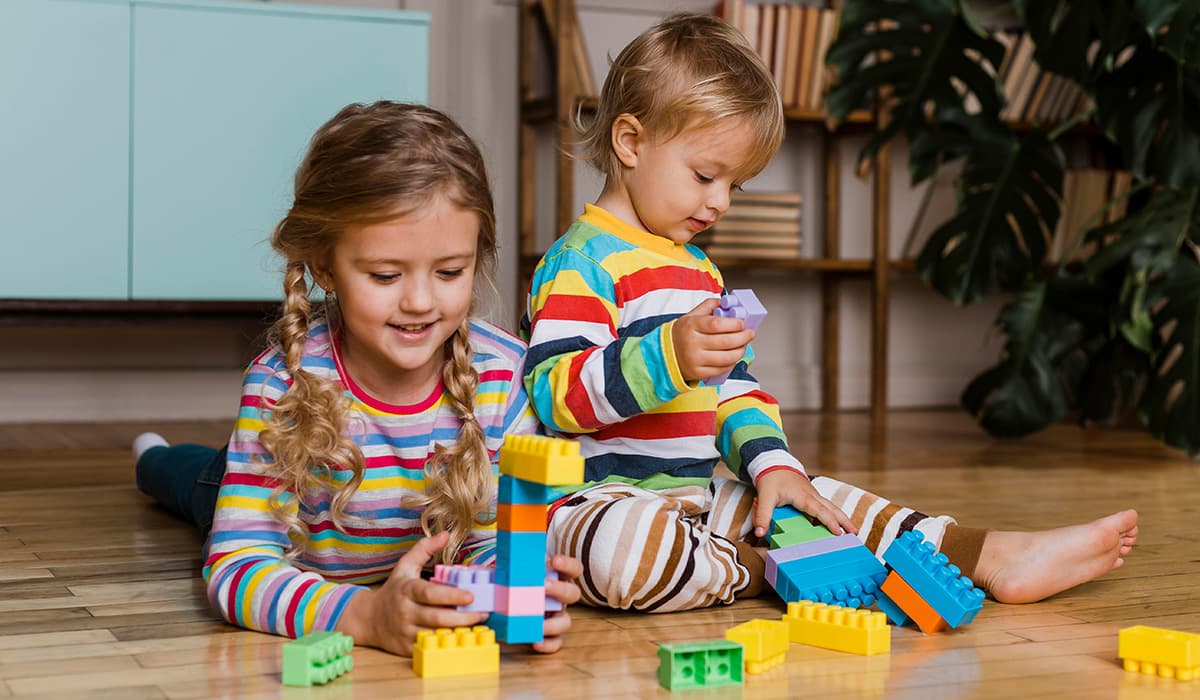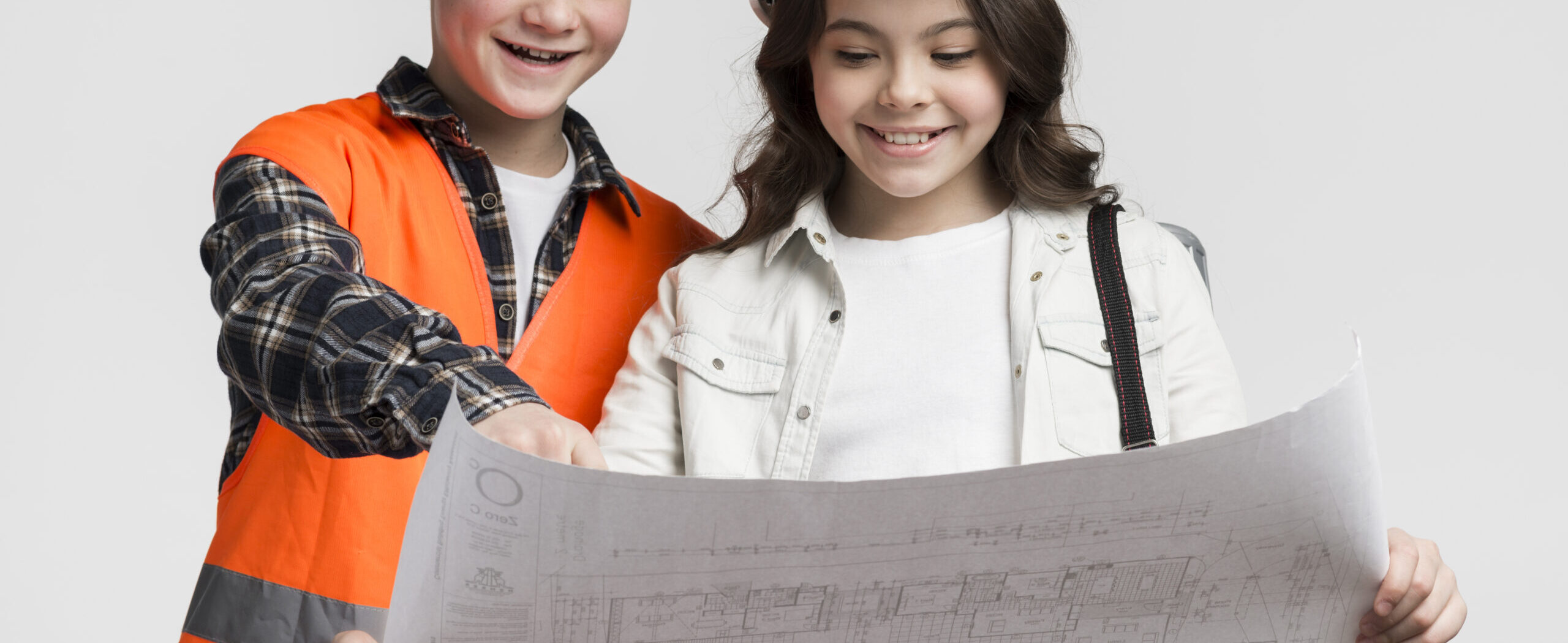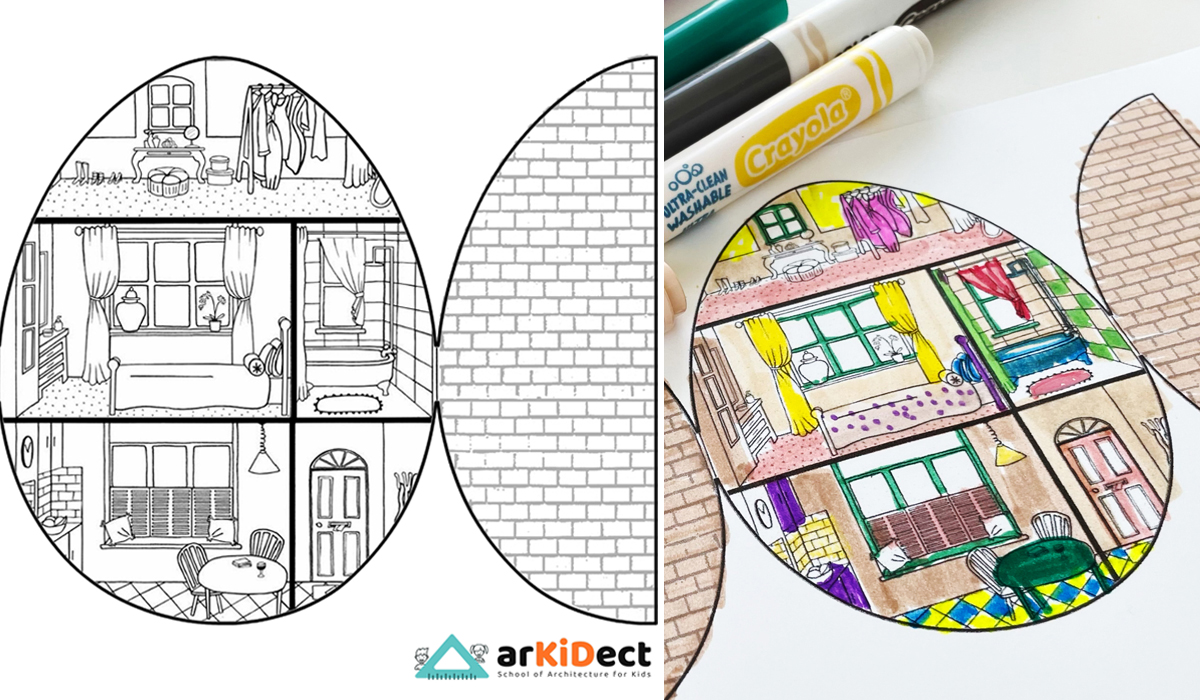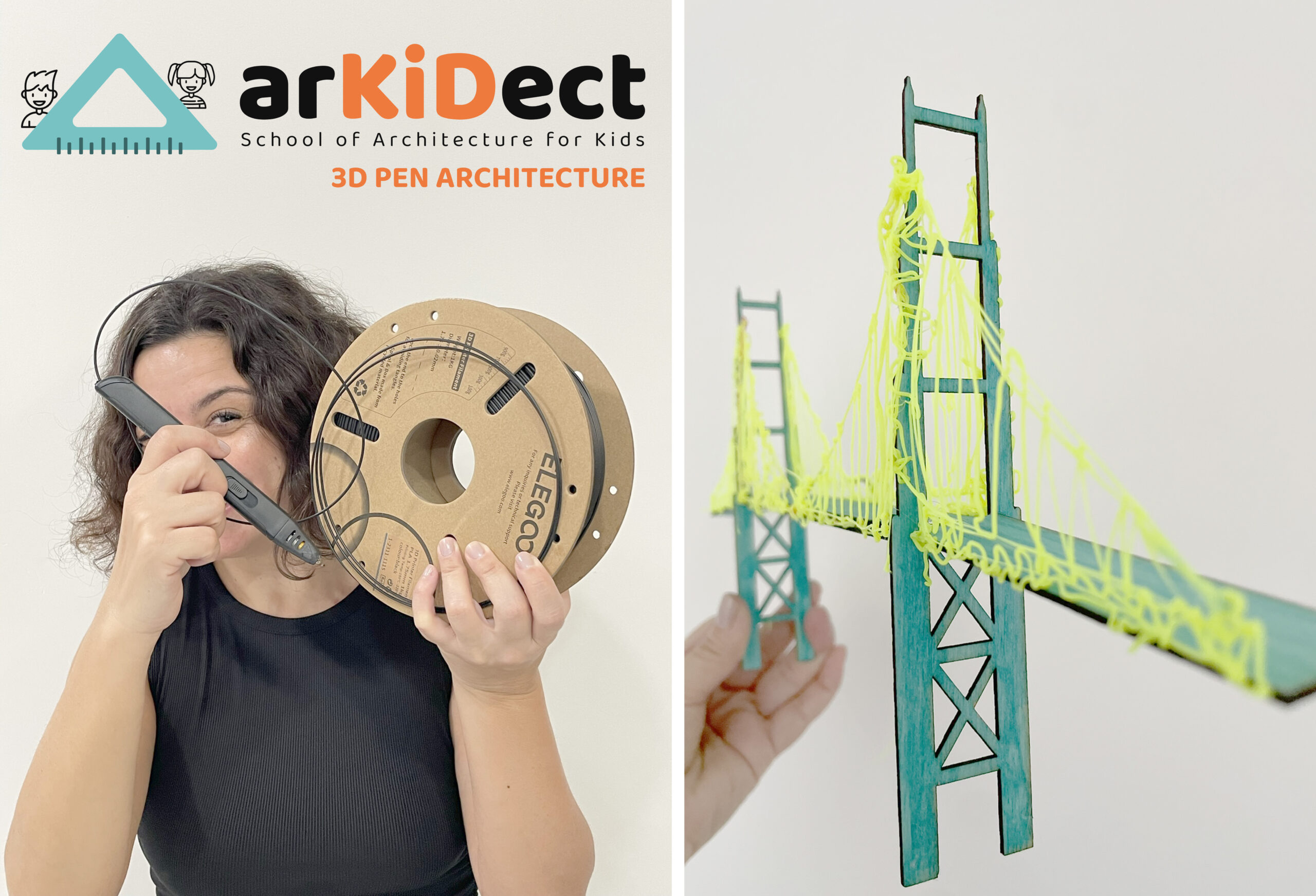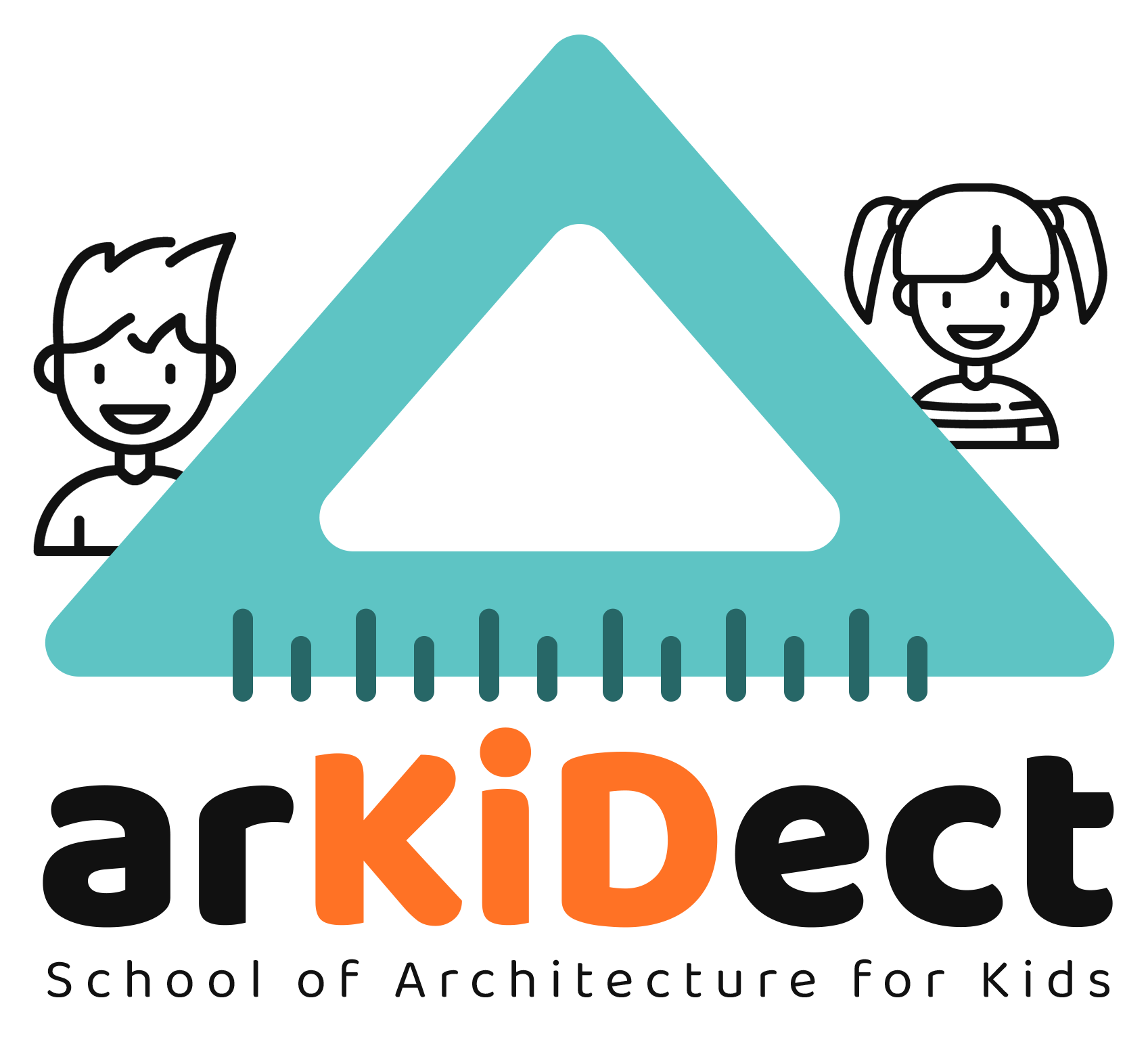Young children communicate with each other through play. Kids spend a lot of time engaged in play, whether it’s making sand castles or LEGO structures. Play, however, involves more than just having a good time. It’s also a great way to help kids develop important skills for everyday life, like learning to solve problems on their own. In this article, we’ll delve into the wonders of play and discuss how it may help kids learn to solve problems, especially when combined with courses in design and architecture.
The Fun Way to Find Solutions
Children’s play is an active process in which they learn about and interact with the world around them. Young children develop their capacity for critical thinking and problem solving through their play.
Constructing Beyond the Lego Set
The use of building blocks is one of the easiest and most efficient ways to teach children to solve problems. It takes strategy, experimentation, and imagination to build anything, whether it’s out of wood, LEGO bricks, or in a video game. Stacking and rearranging blocks is a great way to teach kids about spatial awareness, equilibrium, and cause-and-effect relationships. This kind of practical training is crucial for developing analytical skills.
Creating Fantastical Experiences by Design
Children’s learning in the fields of architecture and design typically incorporates role-playing activities. Children imagine and sketch out their environments before giving them physical form through imaginative play. Through this creative exercise, they learn to balance beauty, utility, and structural soundness. As they work on their creative architecture projects, students face and learn to solve design problems that stretch their imaginations.
Games, Puzzles, and Riddles
Puzzles, games, and brain teasers are another wonderful method to leverage the power of play for problem-solving. Critical thinking and planning are given a boost by participating in these exercises. Through activities like putting together jigsaw puzzles and playing strategy board games, children develop their ability to think critically, make sound judgments, and respond effectively to changing circumstances.
The Value of Mentorship and Inspiration
Our direction as teachers, parents, and mentors is essential in directing children’s play toward learning and growth. Motivate kids to be inquisitive, open to trying new things, and resilient in the face of failure. Try not to rush in with answers when kids run into problems while playing. Instead, coach them through the steps of questioning assumptions, exploring alternatives, and gaining insight through failure.
Effects on the Future
A child’s growth is profoundly affected by the problem-solving abilities he or she develops while playing. These abilities are useful in many contexts outside of play with blocks and puzzles. As they get older, kids can use their problem-solving skills in school, in relationships, and in planning their future careers. Learning via play prepares children for a lifetime of flexibility and originality.
In conclusion, children’s play is crucial for developing their ability to solve problems. Critical thinking, creativity, and innovation all flourish when it is incorporated into the design and architectural curriculum. Your child is developing lifelong problem-solving abilities while having a great time playing, therefore it’s important to let them play.

